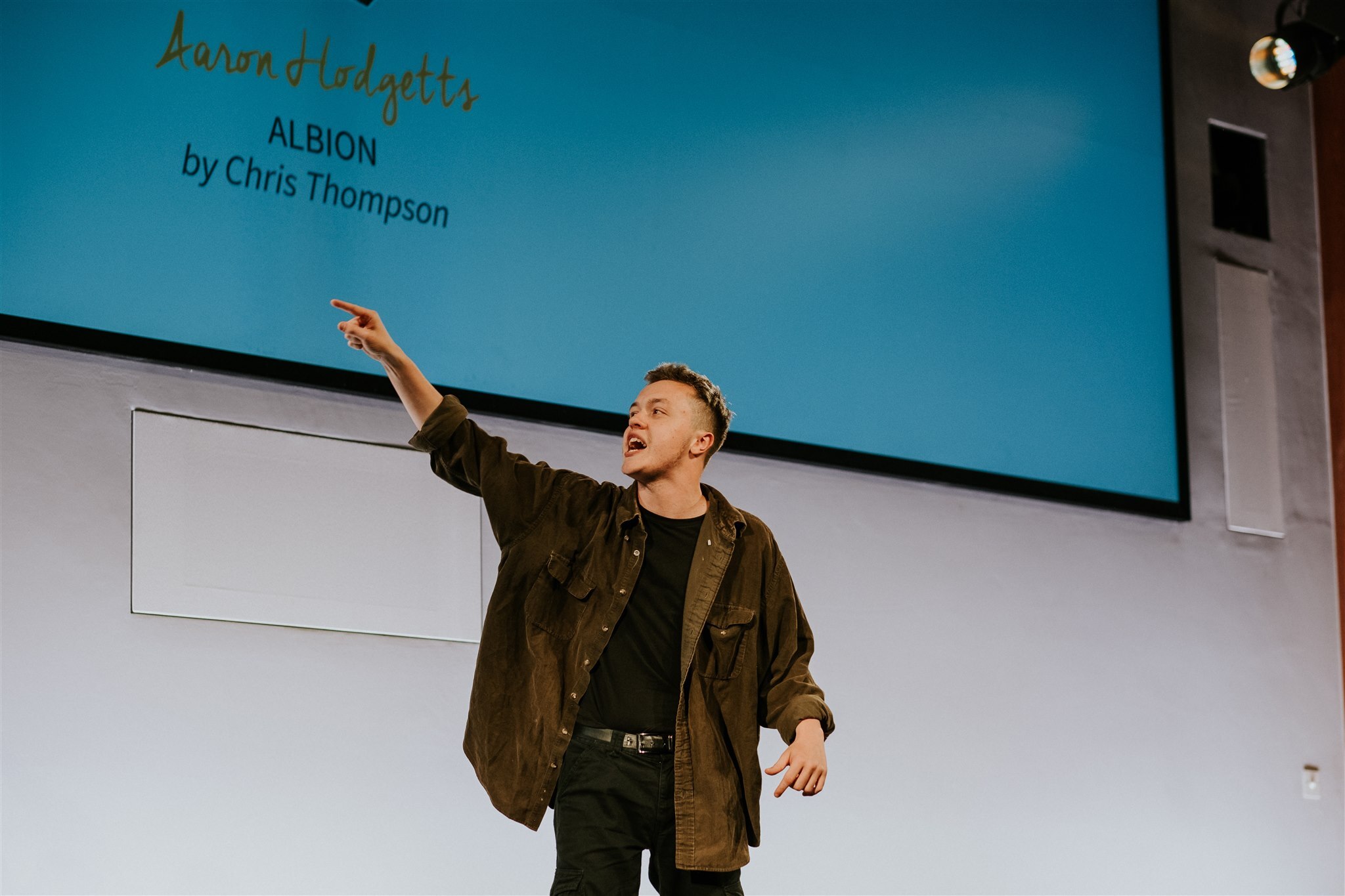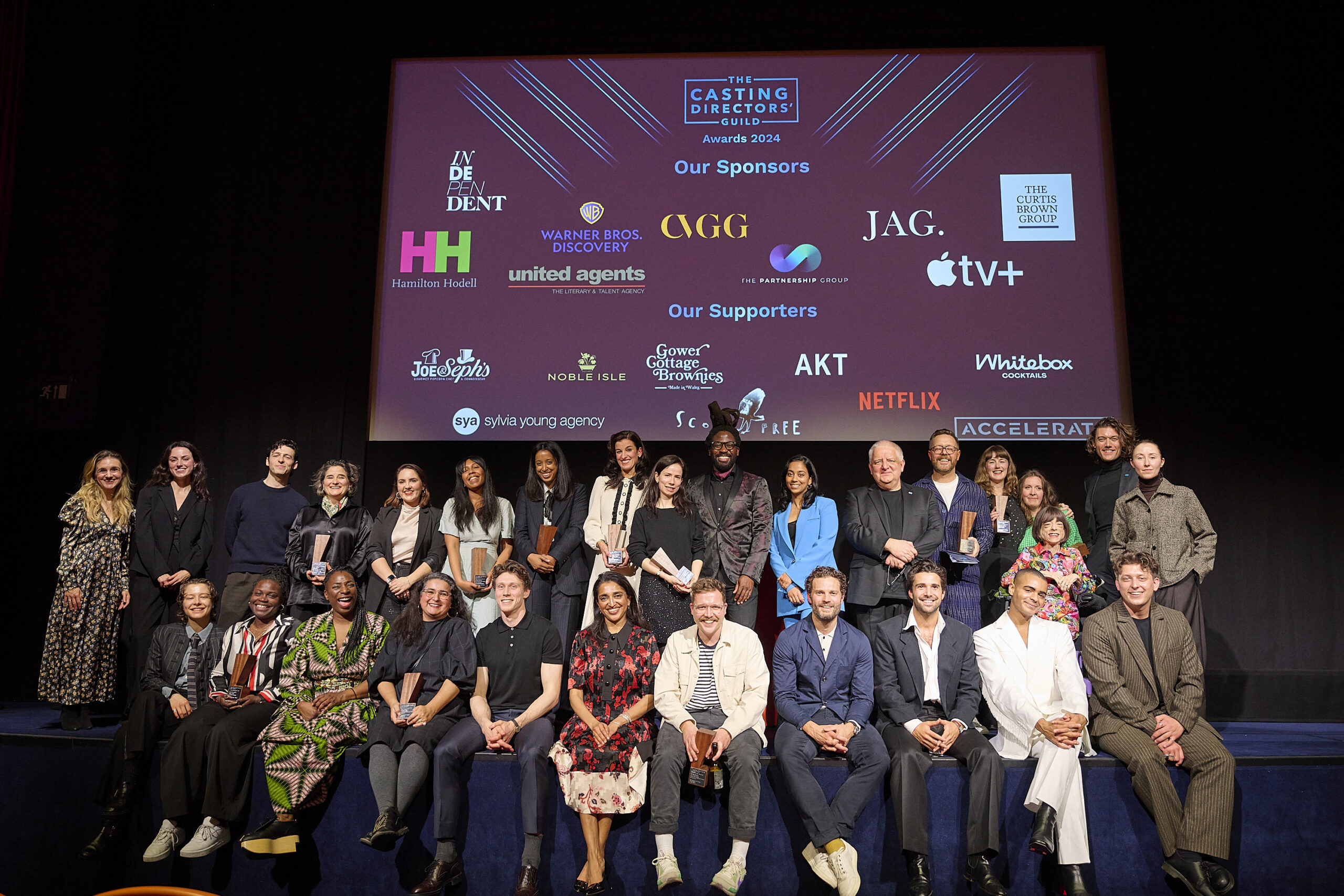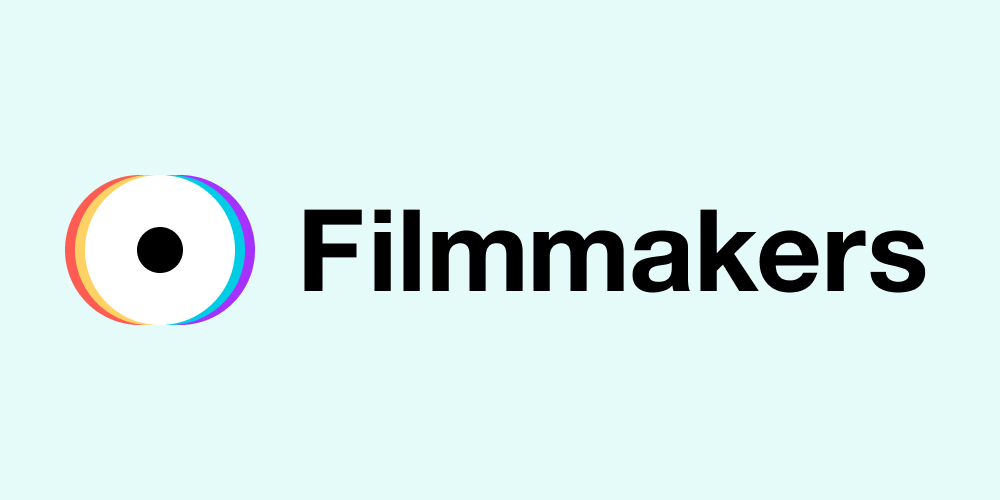2022’s Spotlight Prize winner tells us about their drama school journey, auditioning for ‘House of the Dragon’, and their experience as a non-binary performer.
Before graduating in 2022, Aaron Hodgetts (They/Them) was nominated by their drama school, Guildford School of Acting, for the Spotlight Prize 2022. Previous nominees include Jodie Whittaker, Gwendoline Christie and Ben Whishaw – where Aaron went on to join this long line by winning the Screen Award. Now, one year on, they have gained an agent and will soon be seen in Season 2 of the Game of Thrones prequel, House of the Dragon.
We spoke with Aaron about their Spotlight Prize experience, the audition process for House of the Dragon, and what it’s like being a non-binary performer in the industry. Here’s what they shared:
Hi Aaron! When did you decide that acting was the career for you?
When I was about 11 or 12, I started doing pantomimes in the West Midlands, but I wasn’t thinking about it too much at that age. Being on stage and having the build-up of rehearsals was a thrill, especially doing pantomimes, where you get so much feedback and interaction from the audience.
That gave me a dopamine rush that I haven’t been able to kick and now I chase it on stage and TV and find different avenues to get that rush. For screen, there’s a delayed gratification of starting something and working on it, and then in a few weeks’ time, you’re going to have that boost of adrenaline that’s come from your hard work.
Did you find yourself facing any challenges that you didn’t expect after graduating from drama school?
Generally speaking, within my whole year at drama school, there was a feeling of adrenaline that dropped and it really picked at us. We had all this time, but we didn’t have to be anywhere specific or live by a schedule and as a result, our day jobs became so important to us.
I had all this energy from drama school, and I had to place it somewhere. I know now that it doesn’t matter about having a certain job at a certain time as long as I’m happy doing what I’m doing now. If it makes me comfortable, then I can keep moving. I still have goals, but I have plenty of time to meet them.
You’ve been cast in Season 2 of House of the Dragon. Can you tell us about the audition process?
Usually, when I get an audition for a bigger role, I send in my self-tape and try not to think about it, but I end up thinking, “How many people have they auditioned for this role? What’s the probability I’ll get it? I shouldn’t get my hopes up because they’re probably casting worldwide.”
With House of the Dragon, I just completely forgot about it, and then I got the call two weeks later and got the part! They used a code name for the show and I genuinely had to ask them what the job was. When a big audition comes through, I try not to picture myself in that role but I try my hardest with the audition – that’s all I can do.
How do you keep yourself busy between roles and auditions?
I DJ and I collect records and albums. Even if I don’t have the money to buy records, I just go on my laptop and practice. I’m also lucky enough to work in a record shop down the road from me. I was also a barista and could DJ if I wanted to, which was the best day job ever for me. It’s a great flow and if I land a gig, that’s a bit of extra money.
A lot of people in my year at drama school do things like crocheting and have started their own Etsy shops. If you can spin your hobby into something that brings you peace, excitement, and a bit more money, that’s great!
You won Best Actor for Screen at the Spotlight Prize. What was that experience like?
At the time, I hadn’t even finished drama school yet and probably wasn’t in the best mindset because it felt like auditioning for a big job that everyone else was more prepared for – and I had a bit of imposter syndrome. It was a whole day, and I was very nervous, but the directors were absolutely lovely; the crew and the whole group that year got on so well, so I never felt intimidated by anyone but myself.
For the stage piece, waiting to go on stage, I’ve never known nerves like it. I thought I was being watched, even though I wasn’t the one acting at the time. I was trying to remember my lines and don’t fully remember performing. When I got the award, I genuinely couldn’t believe it and it’s still such a core memory in my life that came at just the right time. This felt like the prize for my years at drama school and those feelings are unmatched – it was incredible! I felt very lucky, but at the same time, I thought, ‘My talent must have got me here, so give yourself a little pat on the back.’

Headshot credit: Milo Matthews
Has winning the Spotlight Prize impacted your career in any way?
Being part of the Spotlight Prize has massively impacted my career. I went from being a third-year student, messaging every agent under the sun, to agents coming up to me and having a choice, which was absolutely surreal and a privilege. Some of them were even people I’d emailed! It was great for the agents to actually see me perform and it gave me that little kick I needed.
I got my agent from the Spotlight Prize which has been a brilliant journey so far. None of the jobs would have come without my agent and they wouldn’t have come without Spotlight.
Can you tell us about your experience as a non-binary performer in the industry?
You see this term in tabloids and it’s perceived as this freakish term that I didn’t understand and had no context of. It wasn’t until people I knew came out as non-binary in drama school and described what it meant to them that I really identified with it and realised that this is who I am. I came out as non-binary in my third year of drama school.
In terms of gender identity and self-identity, there’s still a long way to go with acceptance, public opinion, and hysteria. I don’t know if it’s blind ignorance or (I hope not) blind hatred of difference, or willingness not to accept change. I’m lucky not to have experienced that as much as I feel I present very male, so I often understand when people slip up with my pronouns.
There are so many performers and creatives who are now openly non-binary that it has become a part of communication and the conversation of pronouns with cast and crew. It’s these conversations that give me the strength and confidence as a non-binary performer to potentially address it without feeling like I’m kicking up a fuss and not feeling like I can’t say something out of fear that I’ll lose this job. I feel I can say something if I don’t feel comfortable.
We are making movements within it, however, there’s so much that still needs to be done in terms of visibility. But I feel we’re moving in the right direction with at least having that communication established. It just needs to be indulged in a bit more in my opinion, where we can feel comfortable enough to call things out if we’re not comfortable, which is obviously a huge part of the industry.
What would you like to see more of in the industry?
I’d like to see more in-person auditions because, in this day and age, the audition process can be hard. I love being in a room of actors and casting directors. Even the nerves in auditions are constructive and they build you up as a performer.
Self-tapes are great, but it’s the process of creating that tape and then waiting for a response, and sometimes you can’t always get a response – that can grind on you. I think you don’t feel seen as much as you do in a room.
If you could manifest the perfect role, what would it be?
Doctor Who! It’s what got me into acting. I have no memories from when I was four years old, but I can vividly remember what room I was in when I was watching episodes of Doctor Who. I remember thinking, “I would love to do that and play pretend for a living. How amazing it would be to do that regularly for money.”
Finally, what advice do you have for drama school graduates?
It can seem counterproductive but take your time. You’ve got time to fail because your post-drama school life is the time to waste time. Watch as much as you can and listen to as much as you can. There are very few writers, directors or actors who made their best work at 19 or 20.
Don’t take the first job because it pays. Really think about what you want to do. That goes for day jobs and acting jobs. If a job (in particular a day job) makes you miserable the first few shifts, don’t subject yourself to that just for money. There are better day jobs out there.
We feel lucky when we get an acting job and feel we owe it to the casting director who chose you, but remember, you worked hard to even get an audition – let alone be selected. If it’s not the right role for you, you don’t have to take it.
A big thank you to Aaron for talking to us about their experience and advice!
Take a look at our website for more graduate tips and advice or to find out more about the Spotlight Prize.












